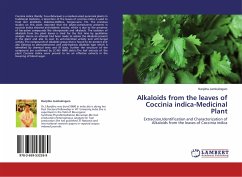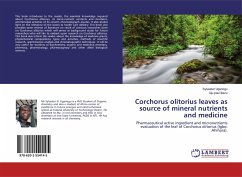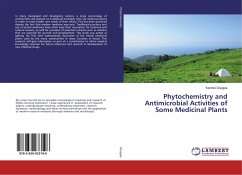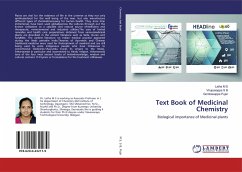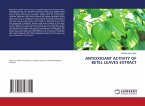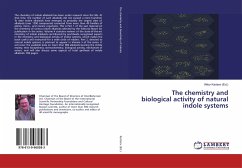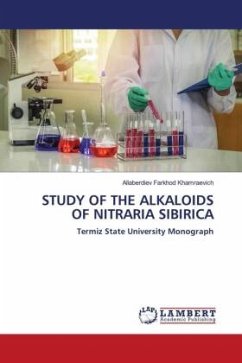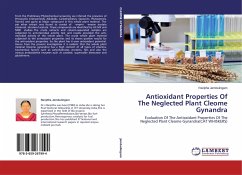Coccinia indica (Family: Cucurbitaceae) is a medium-sized perennial plants.In traditional medicine, a decoction of the leaves of coccinia indica is used to treat skin problems, diabetes-mellitus, tongue-sore, Etc. The previous studies on this plant reported that the phyto-constituents presents in coccinia indica showed anti-diabetic activity, which is due to the presence of bio-active compounds like triterpenoids and alkaloids. The isolation of alkaloids from the plant leaves is tried for the first time by qualitative analysis. Hence an attempt had been made to isolate the alkaloids present in the plant and also to scan its anti-microbial activity and anti-fungal activity. The compounds of alkaloids group that is found to be present and also belongs to phenantharene and poly-hydroxy alkaloids type which is identified by chemical tests and IR data, further the structure of the compound are confirmed by LC-MS NMR data's.The leaf extracts of the plant Coccinia indica were proved to be an effective extracts in the lowering of blood sugar.
Bitte wählen Sie Ihr Anliegen aus.
Rechnungen
Retourenschein anfordern
Bestellstatus
Storno

